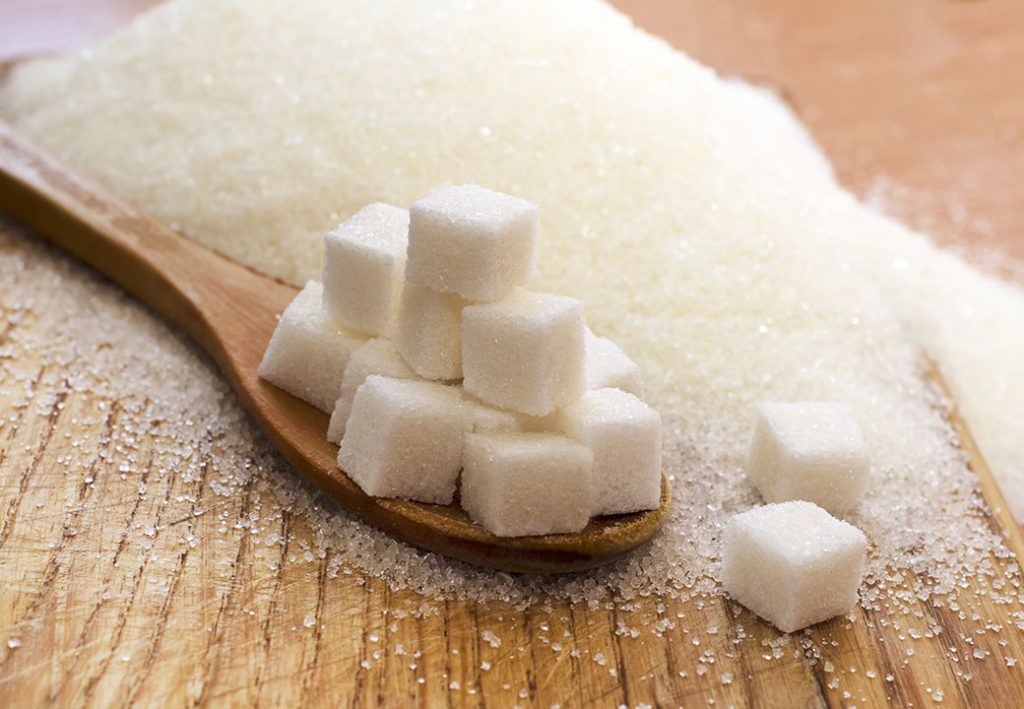Not all sugars are equal. Those that exist naturally, such as in fruits, contain vitamins, minerals and antioxidants. The sugar problem happens when they are added to food—such as in soft drinks and desserts. These added sugar are empty calories and has no nutritional value. Chances are, most of us are consuming too much added sugar. And the consequences are much more serious than cavities. Eating too much sugar causes weight gain, fatigue, hunger, high blood pressure, liver failure, heart disease and of course, diabetes. The Health Promotion Board recommends that we eat no more than 40–55g of added sugar every day. How much sugar is that? Well, a 500ml bottle of Coke alone already contains 53g (or 17 cubes) of sugar. And what about your coffee, tea, juices, cereal and cakes? How can you cut down on sugar in your diet?
1) Water is best
Soft drinks and fruit juices are the key culprits for most of the sugar that we consume. Switch to water and you’ll be drastically reducing your sugar intake. If you find water too bland, try adding a slice of lemon.
2) Drink it plain
Progressively reduce the amount of sugar you add to your daily coffee or tea, until you don’t have to add any. If you do it gradually, you might even find that you don’t taste the difference at all!
3) Stop eating cereal
Not many people know this, but most breakfast cereals contain plenty of sugar. Try other breakfast alternatives, or choose whole grain cereals with reduced sugar.
4) Halve the sugar
If you cook, use half the amount of sugar stated in the recipe. Unless you’re making jam or ice cream, it will still taste good.
5) Read nutritional labels
Develop the habit of reading nutritional labels—and avoid foods with high sugar content.
References:
